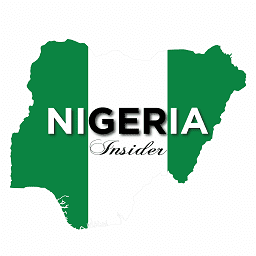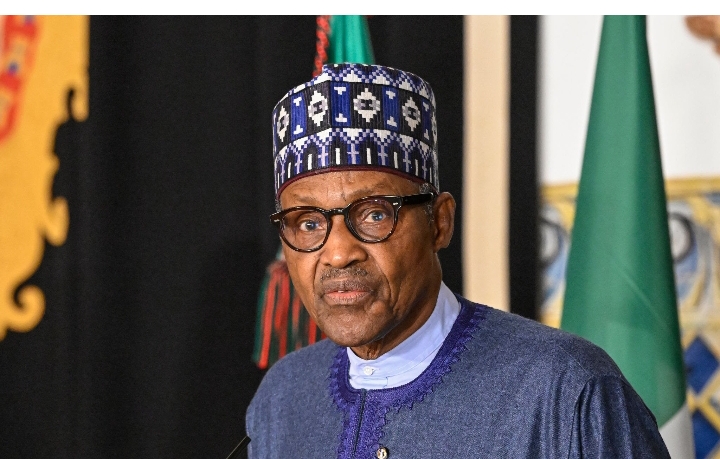Muhammadu Buhari: A Profile of Nigeria’s President
Muhammadu Buhari, a name synonymous with Nigerian politics, has emerged as one of the most influential figures in the country’s history.
Throughout his political career, Buhari has faced numerous challenges and displayed remarkable resilience in his pursuit of a better Nigeria.
From his military days to his presidency, Buhari’s leadership style, vision, and determination have left an indelible mark on the nation.
This article aims to provide an overview of Buhari’s life, his political journey, and his impact on Nigeria.
Early Life and Military Career:
Muhammadu Buhari was born on December 17, 1942, in Daura, Katsina State, Nigeria.
He hails from the Fulani ethnic group and grew up in a modest household. Buhari’s military aspirations began when he joined the Nigerian Army in 1961, just a year after Nigeria gained independence.
Throughout his military career, he displayed discipline, dedication, and courage, rising through the ranks and gaining recognition for his leadership abilities.
Buhari’s Political Journey:
Buhari’s first foray into politics came in 1983 when he led a successful military coup, overthrowing the democratically elected government of Shehu Shagari.
As Nigeria’s military head of state, Buhari embarked on an anti-corruption campaign, tackling indiscipline and economic mismanagement. However, his tenure was cut short in 1985 when he was overthrown by another military coup.
After leaving the military, Buhari ventured into civilian politics, establishing himself as a staunch advocate for transparency and accountability.
He ran for president on three different occasions, in 2003, 2007, and 2011, before eventually clinching victory in the 2015 elections.
Presidency and Key Initiatives:
Muhammadu Buhari assumed the presidency on May 29, 2015, amidst high expectations from the Nigerian populace.
His tenure has been marked by significant efforts to address the country’s most pressing issues, including corruption, insecurity, and economic development.
One of Buhari’s primary focuses has been tackling corruption head-on. He established the Economic and Financial Crimes Commission (EFCC) to combat graft, recover stolen assets, and prosecute offenders.
While progress has been made, eradicating corruption remains an ongoing challenge in Nigeria.
In terms of security, Buhari has faced significant challenges, particularly with the rise of Boko Haram insurgency in the northeastern region of the country.
His administration has made considerable efforts to combat terrorism, with some success in regaining control of territories previously occupied by the extremist group.
Furthermore, Buhari has prioritized economic diversification and job creation. His government launched the Economic Recovery and Growth Plan (ERGP), aiming to revive and stimulate the economy through initiatives such as agricultural reforms, infrastructure development, and investment promotion.
However, progress has been hindered by external factors such as global oil prices and internal challenges such as bureaucracy and infrastructure deficiencies.
Challenges and Criticisms:
Despite his notable efforts, Buhari’s presidency has faced criticism and challenges. Critics argue that progress in key areas such as corruption, security, and the economy has been slower than expected.
There have been concerns about the shrinking space for press freedom, human rights abuses, and the handling of ethnic and religious tensions in the country.
Additionally, the president’s health challenges, which required several trips abroad for medical treatment, have raised concerns about governance stability and continuity.
Nonetheless, Buhari’s supporters admire his personal integrity, anti-corruption stance, and his commitment to building a stronger Nigeria.

